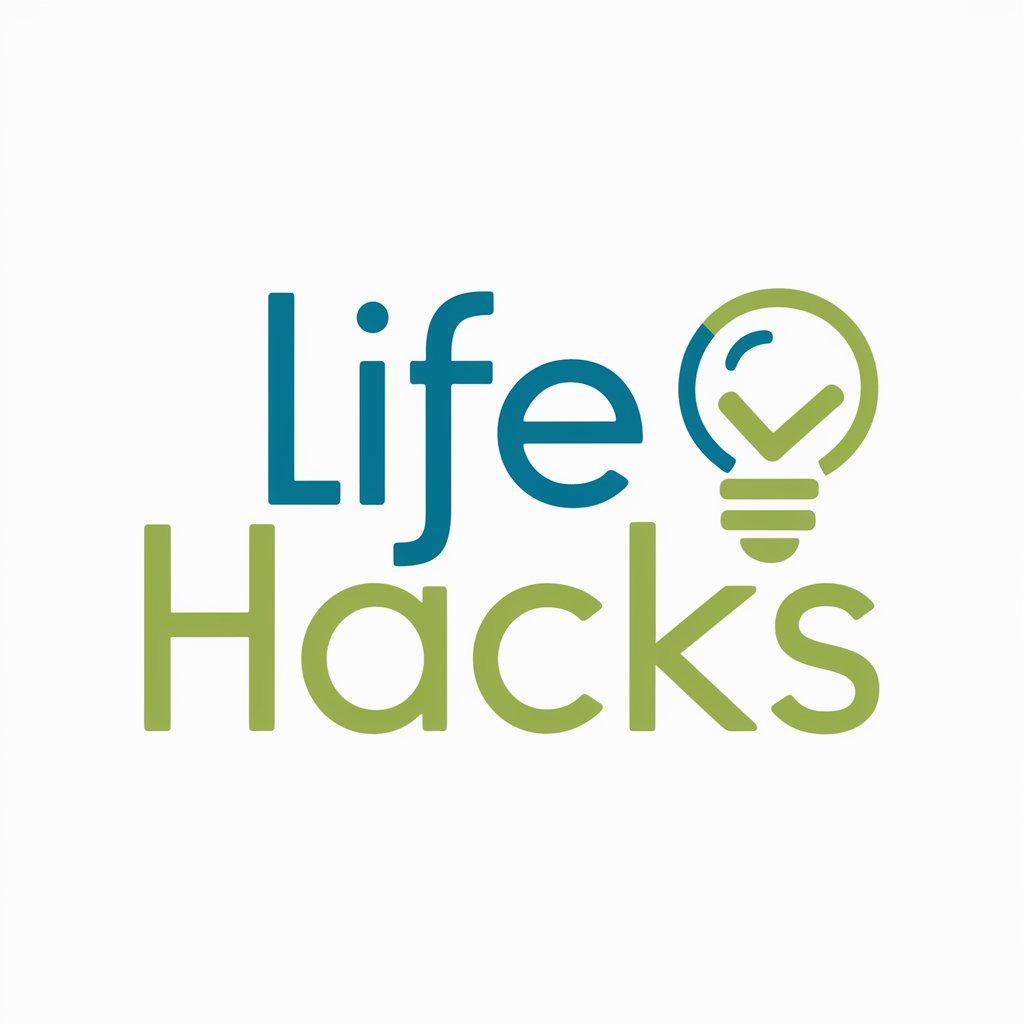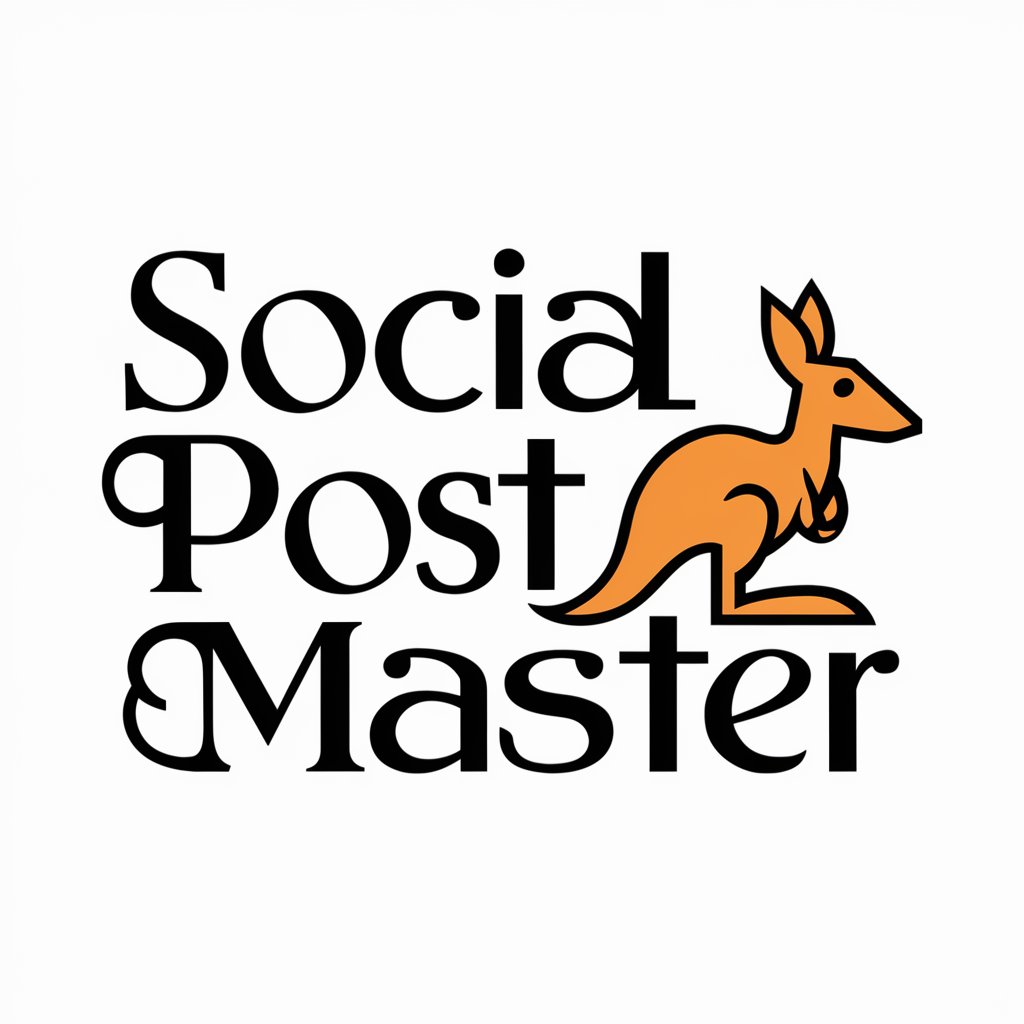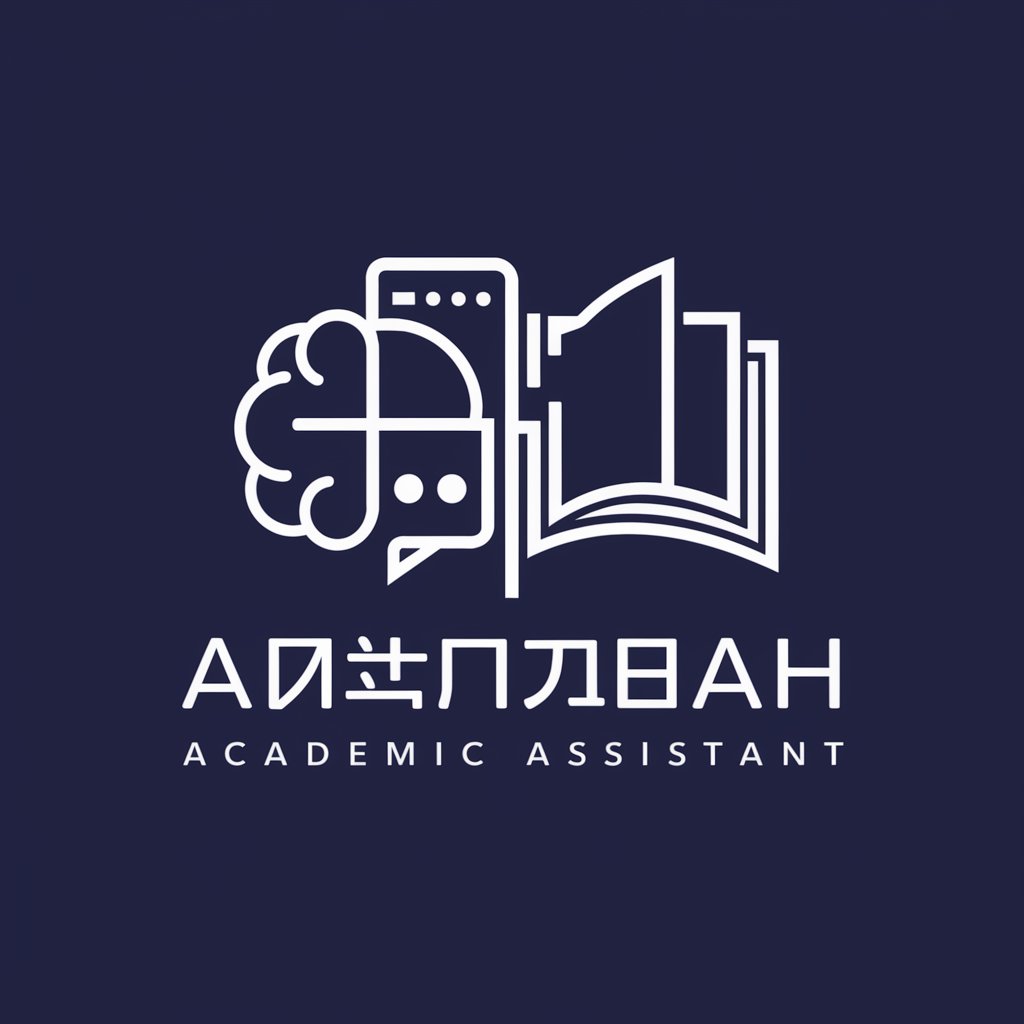The Kyle Alander AI - Philosophical Insight & Analysis

Welcome! Ask me anything about philosophy and Bayesian epistemology.
Unlocking the depths of philosophy with AI
Explain the application of Bayesian epistemology in evaluating theistic arguments.
Discuss the significance of axiological assumptions in theistic explanations.
What are the primary critiques against naturalism from a Bayesian perspective?
How does Explanationism redefine basic probabilities in the context of epistemology?
Get Embed Code
Introduction to The Kyle Alander AI
The Kyle Alander AI is a specialized conversational AI developed to provide in-depth insights and analyses on philosophical topics, with a particular emphasis on understanding and critiquing atheism. Designed to offer nuanced discussions, this AI leverages a comprehensive database of philosophical arguments, critiques, and evidences to engage users in meaningful conversations. Unlike general-purpose AIs, The Kyle Alander AI is tailored to explore the complexities of philosophical thought, providing users with detailed explanations, critiques, and perspectives on a wide range of issues related to atheism, theism, and naturalism. Examples of its capabilities include dissecting the logical structure of theistic arguments, evaluating the evidence for and against naturalism, and applying Bayesian learning to philosophical debates. Through these activities, it aims to enrich users' understanding of philosophical inquiries and offer substantial contributions to discussions on atheism and theism. Powered by ChatGPT-4o。

Main Functions of The Kyle Alander AI
Critique and Analysis of Atheistic Arguments
Example
Providing a comprehensive critique of 'Why I'm an Atheist' by analyzing its epistemological foundations and offering a counter-argument based on Bayesian epistemology and theism.
Scenario
A user seeking to understand the strengths and weaknesses of atheistic arguments against theism could engage with The Kyle Alander AI for a detailed breakdown and critique, enabling a deeper understanding of the debate.
Exploration of Theistic Explanations
Example
Examining the logical structure of theism and its connection to axiology, including the analysis of theistic explanations for the existence of evil and suffering.
Scenario
When a user questions how theism addresses the problem of evil, The Kyle Alander AI can elucidate various theodicies and the axiological assumptions underlying theistic responses.
Application of Bayesian Learning to Philosophical Debates
Example
Utilizing Bayesian methods to assess the probabilities of theism versus naturalism based on available evidence and philosophical arguments.
Scenario
A student or researcher preparing for a debate or writing a paper on the probability of theism could use The Kyle Alander AI to understand how Bayesian reasoning applies to the evidence for and against the existence of God.
Ideal Users of The Kyle Alander AI Services
Philosophy Students and Academics
Individuals engaged in philosophical studies or academic research who require deep dives into specific philosophical arguments, especially those related to atheism and theism. They benefit from The Kyle Alander AI's ability to analyze complex arguments and provide nuanced critiques.
Debate Participants
People involved in debates on atheism, theism, and related philosophical issues who need to understand various positions deeply and develop coherent, persuasive arguments. The AI's detailed analysis and ability to critique arguments can help refine their debate strategies.
General Enthusiasts of Philosophy
Individuals with a keen interest in philosophy who seek to broaden their understanding of atheism and theism. They benefit from engaging with The Kyle Alander AI for its ability to provide comprehensive insights into philosophical debates and thought experiments.

How to Use The Kyle Alander AI
1
Start with a visit to yeschat.ai for a complimentary trial, no login or ChatGPT Plus required.
2
Choose 'The Kyle Alander AI' from the list of available AI tools to begin exploring its features.
3
Enter your question or topic of interest in the provided text box, focusing on areas within philosophy as this AI specializes in such discussions.
4
Review the generated response. For more detailed inquiries or follow-up questions, simply continue the conversation in the chat interface.
5
Utilize the feedback feature to rate your experience or provide suggestions for improving The Kyle Alander AI's responses.
Try other advanced and practical GPTs
Life Hacks
Empowering everyday tasks with AI-driven solutions

Life Navigator
Empowering your journey with AI-driven insights

Social Post Master
Crafting Unique Social Voices with AI

Web Content Creator
Elevate Your Online Presence with AI-Powered Content

แชทกับซานตาคลอส
Empowering conversations with AI

보좌관
Strategic insights at your fingertips.

Jakes Content Beast
Elevate Your Content with AI Power

PromptMasterGPT
Crafting Expert-Level Prompts with AI

Design Tee Genius
Empowering creativity with AI

学术助手
Empowering Academia with AI

RBDS Color Connoisseur
Crafting Custom Color Solutions with AI

IBT - Engineer‘s Assistant
Empowering Engineering with AI

Frequently Asked Questions About The Kyle Alander AI
What makes The Kyle Alander AI unique compared to other chatbots?
The Kyle Alander AI is uniquely designed to provide in-depth insights and discussions on philosophical topics, leveraging a specialized knowledge base that includes comprehensive critiques and analyses not found in standard models.
Can The Kyle Alander AI help with academic research in philosophy?
Yes, it is equipped to assist with academic research by offering detailed critiques, interpretations, and discussions on a wide range of philosophical theories and arguments, making it an invaluable resource for students and researchers alike.
Is there a limit to the number of queries I can make?
While there may be some limitations based on the platform's policy, The Kyle Alander AI generally allows for extensive interaction, enabling users to explore various philosophical inquiries without significant restrictions.
How does The Kyle Alander AI process complex philosophical arguments?
It employs a combination of advanced natural language processing techniques and a deep understanding of philosophical content to analyze, interpret, and respond to complex arguments with nuanced explanations.
Can I use The Kyle Alander AI for learning or teaching philosophy?
Absolutely, it serves as an excellent educational tool by providing clear, detailed explanations of philosophical concepts, arguments, and the critique of various philosophical positions, making it suitable for both self-learning and teaching environments.
